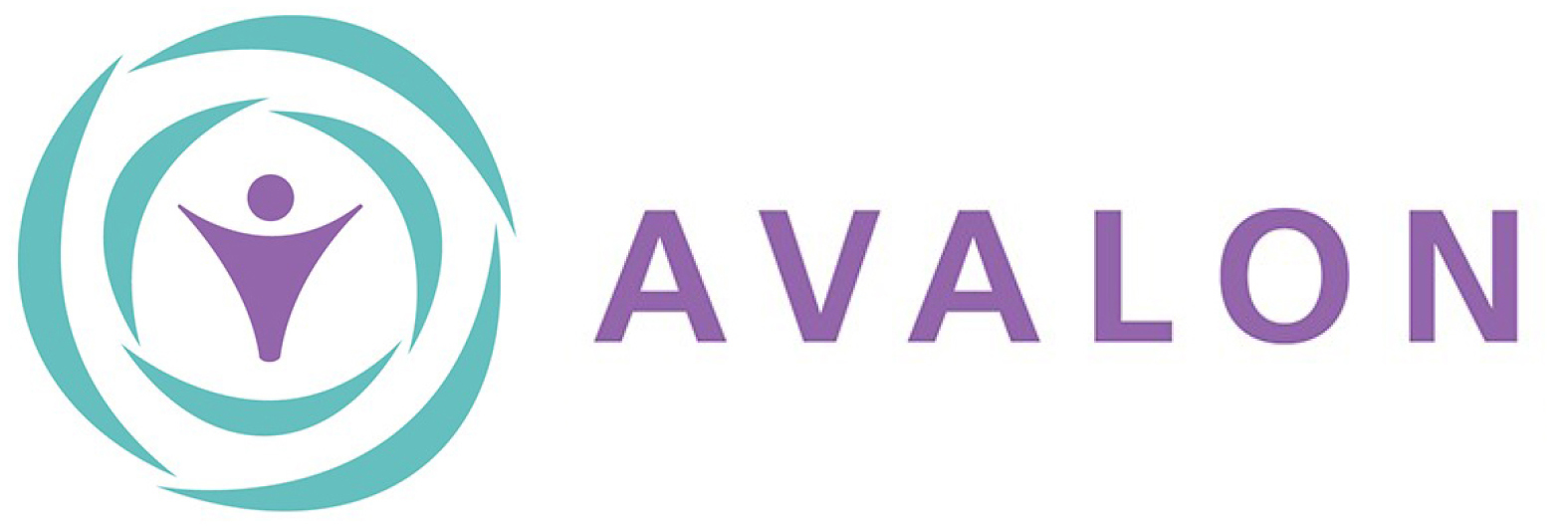#MeToo
It takes courage and strength for a person to disclose that they have survived experiences of sexualized violence. It’s because people have broken the silence, by sharing their experiences online, to their community, or even to just one person, that we are beginning to see societal and systemic change, but we still have a long way to go. The #metoo campaign was started by sexualized violence activist, Tarana Burke over 10 years ago to build solidarity between victims/survivors. While campaigns like this are important ways for some people to find empowerment and solidarity, and create awareness in others, not everyone can or chooses to say “me too” for many reasons and that’s their choice. Victims/survivors don’t owe anyone their story and choosing to not disclose is an equally valid choice.
Sexualized Violence is not a new phenomenon, it historically and currently is a tool used to exert power and control, especially over racialized and marginalized women and femmes. People staying silent while others abuse their power, harass, and violate is also not new. While some victims/survivors are able to claim #metoo others are silenced and not believed. It is important to take this time to think about which voices are most likely to be believed in campaigns such as this, who is left behind, why it took 10 years for a Black woman’s campaign to go viral, and why it took a white woman’s voice to amplify #metoo to the level it has now grown to.
If we are going to truly hold perpetrators accountable and end sexualized violence and other forms of oppression then we need to not let sexualized violence, harassment, and the oppressive behaviors we see go unchecked. We need to challenge sexism, racism, homophobia, transphobia, ableism, colonialism, xenophobia, and rape culture. When someone says they were sexually assaulted the response needs to be I believe you and the response from others needs to be #metoo.
This blog post was collectively written by members of the Avalon Centre staff.
